It’s time to redefine the way America does politics.
Every election cycle, millions of Americans feel trapped to choose between the lesser of two evils. This hostage situation, disguised as a uniform way to run the country, has slowly transformed our democracy into a game of political survival, with much of the vote no longer a matter of belief, but rather a game of “who do I dislike less?”
This two-party system is failing America, and it doesn’t even stem from the Constitution. In fact, the Founding Fathers warned us about factions. For example, in George Washington’s Farewell Address, he wrote, “[The spirit of party] serves always to distract the public councils and enfeeble the public administration. It agitates the community with ill-founded jealousies and false alarms, kindles the animosity of one part against another.”
Yet, ironically enough, a winner-takes-all apparatus now thrives as those who participate are sacrificed for the benefit of the system itself.
Other democracies have shown us there are better ways, with a primary example being ranked choice voting. Under this system, such as in Australia or Ireland, voters aren’t forced into the false choice of picking between just two sides. Instead, they rank candidates in order of preference. If no candidate wins a majority outright, the lowest-ranked candidate is eliminated and their supporters’ votes are redistributed, continuing until someone secures a majority support.
Despite proven alternatives, this founding idea of a representative democracy–built on the freedom to choose our leaders–has evolved into a duopoly that is destabilizing the very core of what our country was founded on: freedom to choose.
The problem with the two-party system
With elections that come down to merely two options, our freedom of choice is suffocating. It’s gasping for a single breath of fresh air, for that one chance to be able to break free from a system that is chaining our views and tightening its grip on our voices, turning us all against each other.
Meanwhile, America’s citizens’ voices are stifled, and Washington is stuck in perpetual gridlock. Shutdowns, partisan investigations, and bureaucracies have corrupted any attempt at meaningful bipartisan policymaking. In a country as diverse, patriotic, and innovative as ours, shouldn’t there be more than two voices at the table?
The moment two entrenched monopolies fight for and seize all the power, neither side can reflect the values, dreams, or struggles of the American people.
And Americans know it.
A 2023 Pew Research Center survey found that 25% of adults say that neither the Democratic nor the Republican Party represents the interests of people like them, and nearly 30% of adults dislike both parties. Independents, now the largest voting bloc, are the most neglected.
By mid-2024, 34% of voters identified as independent, equal to or greater than Democrats and Republicans (Gallup/Independent Center). Yet, in 22 states, including here in California, 23.5 million people who register as non-partisan are locked out of primaries entirely–shut out of decisions that help shape their future.
The system we use has become a form of political genocide on our own representation. Polarization is not by accident; it’s by design. Both parties reap the benefit of sowing division and pitting people against each other. All modern cases of division, gerrymandering, closed primaries, and a limited Congress, alienate us from our shared humanity and the very values we claim to uphold.
All we are left with is the illusion of choice. And most dangerously, that illusion fuels a political landscape that fosters so much hate.

With multiple attempted assassination attempts on President Donald Trump, the assassination of Minnesota House Speaker Emerita Melissa Hortman and the murder of her husband, Mark Hortman, and just recently the assassination of conservative advocate Charlie Kirk, our system isn’t merely failing our values; it allows division to escalate into violence.
It isn’t only political violence that is failing the American people, though. Government shutdowns and failed legislation also fail America as a whole. These stalls don’t exist because there is no solution; they happen because compromise is treated as weakness, where the true strength lies in being able to make those tough decisions for the greater good of the nation. Rather than cross partisan lines for the good of their constituents, politicians from both parties would rather shut down the government or oppose a bill that would benefit millions.
Politicians also spend more time attacking each other rather than solving problems, transforming into a democracy that feels less like a marketplace of ideas and more like a political battleground. This leads to a voting society where it becomes a matter of person over choice, and oftentimes, identity over policy.
We continue to tolerate a system that largely inflates some of the nation’s most pressing issues into talking points recycled as satire or political commentary in debates. When was the last time you heard a party truly stick to the idea of being there for people, for the nation’s real well-being?
And it brings a point to mind: We need to stop treating politics like a team sport and start asking uncomfortable questions. Take racism, for example: Why is so much of the national conversation stuck on outrage instead of digging into why these disparities exist? Why do we ignore the cycles of poverty, previous legislation that harmed minority communities, fractured households, and failing schools that shadow racism and trap generations into the same struggles?
Healthcare tells a similar story: We’ve been sold the idea that working Americans should endlessly subsidize a bloated system, driving prices higher while insurers and big pharma cash in. Their CEOs earn millions each year, while so many working Americans cannot afford basic healthcare necessities. This has led to a moral tug-of-war, where one side demands universal coverage as a human right, while the other resents paying for what feels like someone else’s burden. Yet, neither side seems to talk about why healthcare costs are so expensive in the first place, or why real reform remains absent.
Beneath all the rhetoric lie complex, systemic issues that are now watered down to slogans and political grabs used for likes, clicks, and views, and not actual progress.
Reclaiming America’s voice
Until we are willing to step back and examine both sides with brutal honesty, we’ll stay trapped in the same arguments, never touching the root of the problem.
To strip away the partisan spin from these issues and truly focus on the cause will be America’s saving grace, because ignoring the hard truths just to win elections shows just how much society is pushed to react instead of thinking critically about the issues that matter most.
This is why people feel so alienated within today’s society. It is why people do not know who they want to vote for on Election Day. Today’s debates are a pure mockery of real dialogue served to us on a silver platter, as the complexity of our values is shadowed just as much as the points of discussion in political debates today. Independents and young voters feel this alienation the most, being pressured to make a decision between two extremes that fail to satisfy both ends of the spectrum.
In fact, a 2023 Pew Research survey reported that 63% of Americans have little to no confidence in the future of the U.S. political system. That’s not apathy–it’s a mandate for reform.
Politicians love to say “every vote counts,” but does it really? Especially with the Electoral College, when most modern elections come down to a couple of swing states? It is hard to believe that every vote does indeed count.
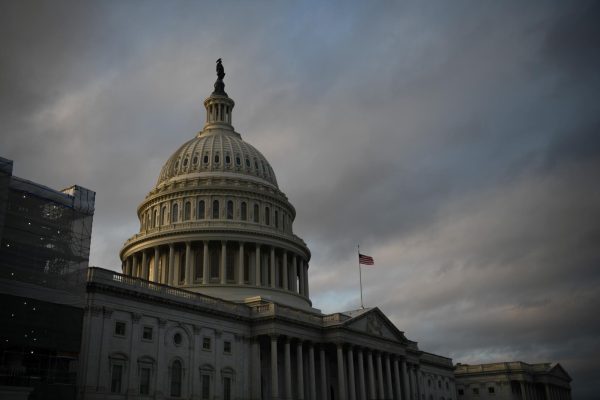
Even though every collective opinion matters, the system in place makes many think their voices don’t matter, because in the end, they almost don’t. There is no form of proportional representation anywhere in government. And even then, does it really matter or count when millions of voices are erased the moment a district is drawn or a seat is won?
In 1776, John Adams wrote, Congress “should be in miniature, an exact portrait of the people at large. It should think, feel, reason and act like them.” Yet, our democracy today represents partisan parties and not the people.
However, America has and never will be the land of complacency. We are innovators, rebels, and dreamers by nature. The argument that “it’s always been like that” as if the system was carved in stone, is a complete myth. In truth, the fractured two-party system is only as permanent as we allow it to be.
Political parties are not sanctuaries, but human constructs. If our democracy is suffering because of it, it is within the power of the people to revive it.
Even so, our democracy still pulses with possibility, and it’s up to the people of the nation to breathe life back into it.
A house divided against itself cannot stand, but a house rebuilt with more voices, proportional representation, and ranked choice voting can thrive.
Rather than casting blame and exacerbating the partisan divide, we should expand Congress, open our primaries, and rid our elections of gerrymandering.
Because the power of democracy has never belonged to the parties;
it has always belonged to us, “We the people.”
“To render us again one people, acting as one nation, should be the object of every man really a patriot. I am satisfied it can be done, and I own that the day which should convince me of the contrary would be the bitterest of my life”- Thomas Jefferson to Thomas McKean, 24 July 1801


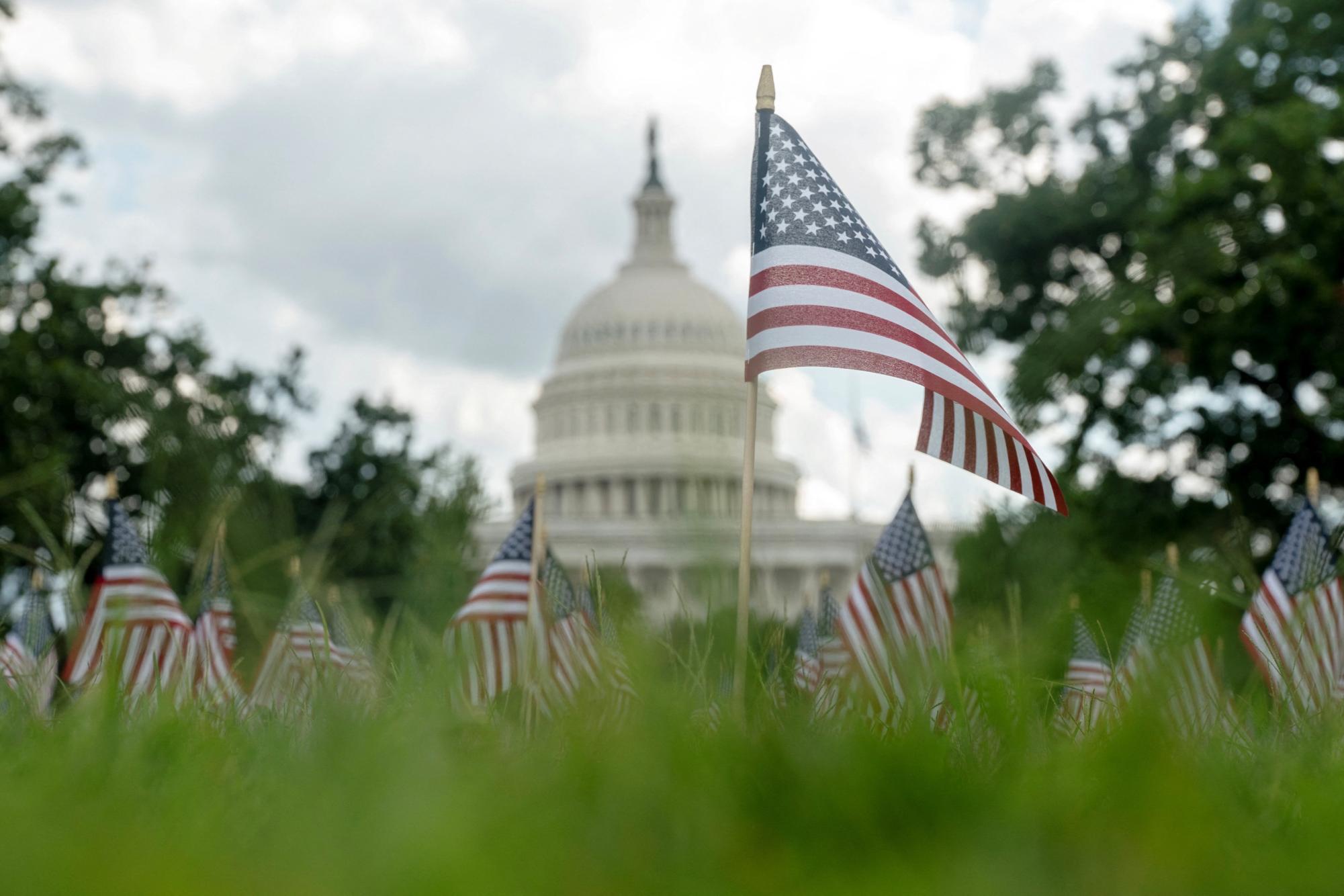


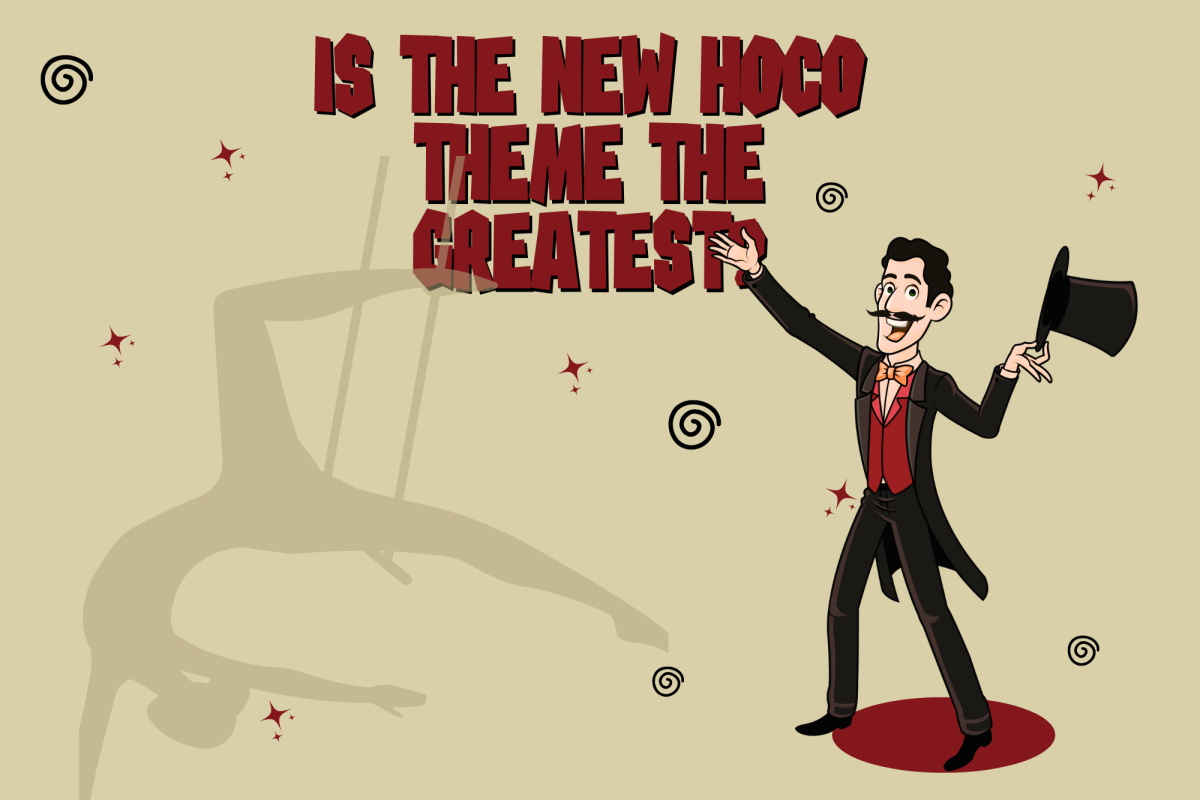
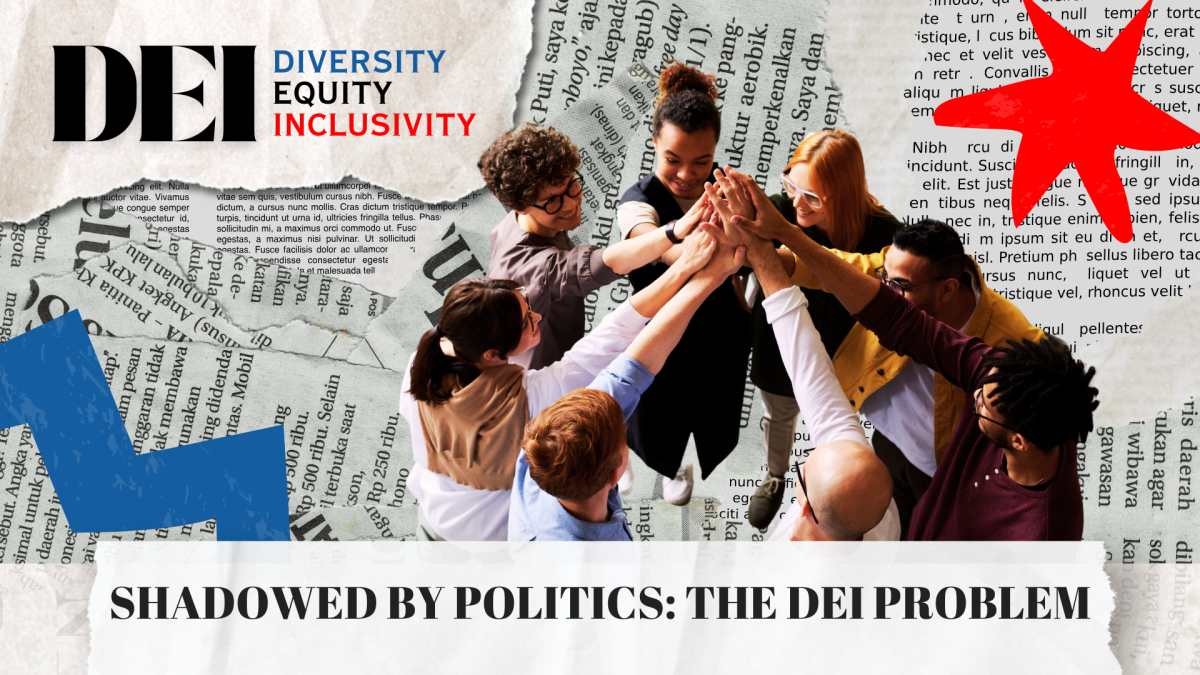

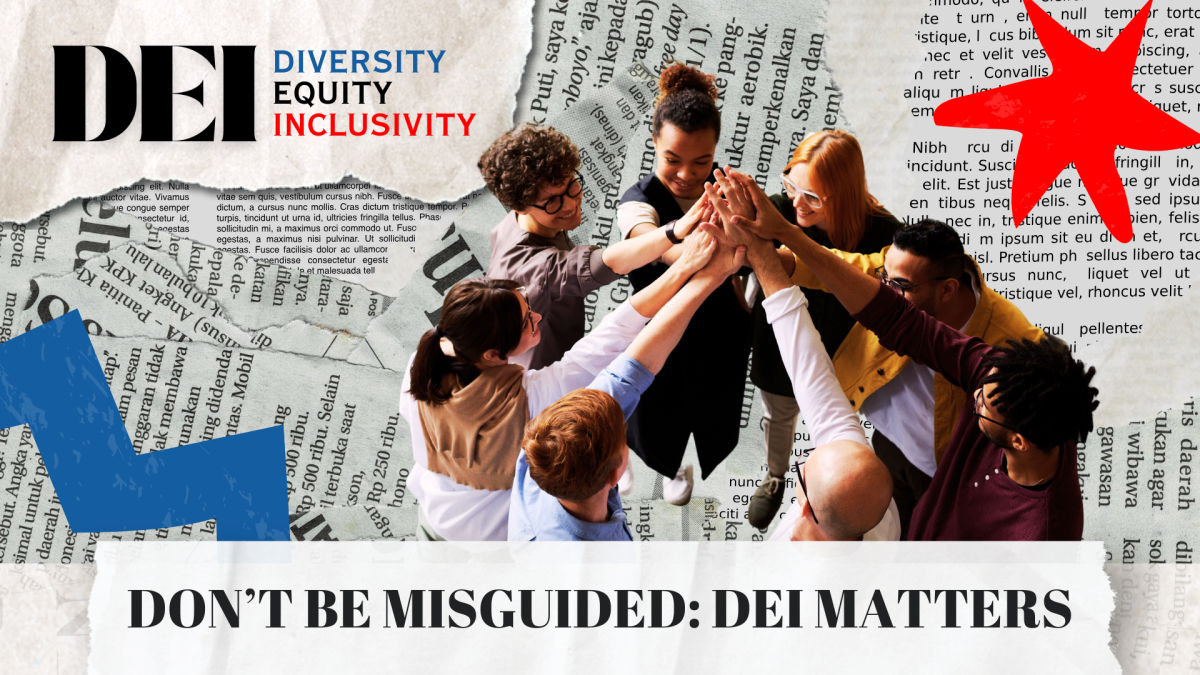

Nadine S Nelson • Oct 9, 2025 at 8:43 am
WOW! Just WOW! This is so well thought out and articulate! This looks and sounds like an article you would read in the NY Times or some other national publication! Nicely done!